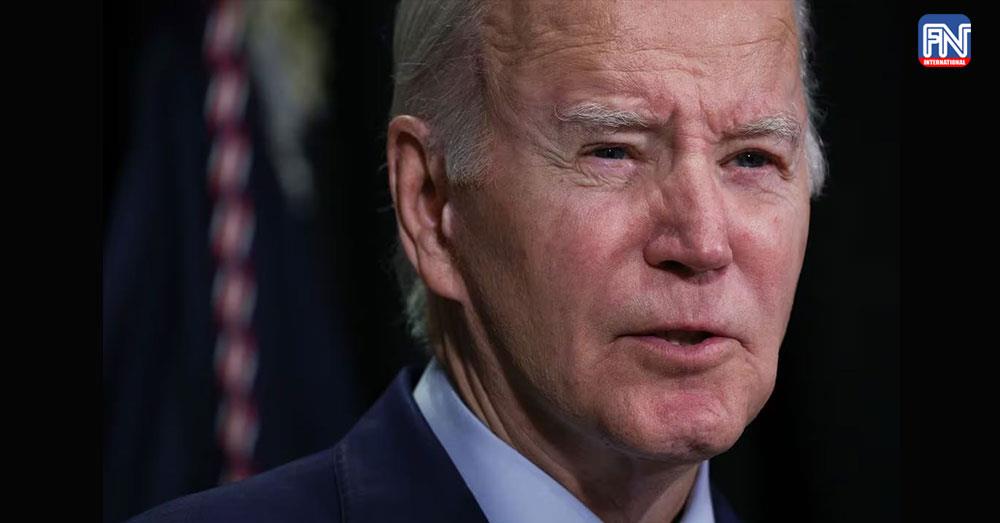WASHINGTON, Dec. 12 (Reuters) - U.S. President Joe Biden said on Tuesday that Israel is losing support over its "indiscriminate" bombing of Gaza and that Benjamin Netanyahu should change, exposing a new rift in relations with the Israeli prime minister.
Biden's remarks, made to donors to his 2024 re-election campaign, were his most critical to date of Netanyahu's handling of Israel's war in Gaza. They are a stark contrast to his literal and political embrace of the Israeli leader days after Hamas militants' Oct. 7 attack on southern Israel.
"Israel's security can rest on the United States, but right now it has more than the United States. It has the European Union, it has Europe, it has most of the world ... But they're starting to lose that support by indiscriminate bombing that takes place," Biden said.
Israel's retaliation against the Hamas attacks has killed 18,000, Gaza officials say, wounded 50,000 and created a humanitarian crisis. Biden's remarks opened a new window into his blunt private conversations with Netanyahu, with whom he has had deep disagreements for decades.
Biden alluded to a private conversation in which the Israeli leader said: "'You carpet bombed Germany, you dropped the atom bomb, a lot of civilians died.'"
Biden said he responded: "Yeah, that's why all these institutions were set up after World War Two to see to it that it didn't happen again ... don't make the same mistakes we made in 9/11. There's no reason why we had to be in a war in Afghanistan."
Biden, who often speaks off the cuff at his fundraising events, appeared at a Washington hotel with about a hundred people, including a number of Jewish attendees. He was introduced by a longtime leader within the American Israel Public Affairs Committee, a pro-Israel lobby.
Biden's sharp comments coincided with White House national security adviser Jake Sullivan preparing to travel to Israel for talks with the Israeli war cabinet.
Netanyahu said in a statement on Tuesday that Israel had received "full backing" from the U.S. for its ground incursion into Gaza and that Washington had blocked "international pressure to stop the war."
But he added: "There is disagreement about 'the day after Hamas' and I hope that we will reach agreement here as well."

Photo from Reuters